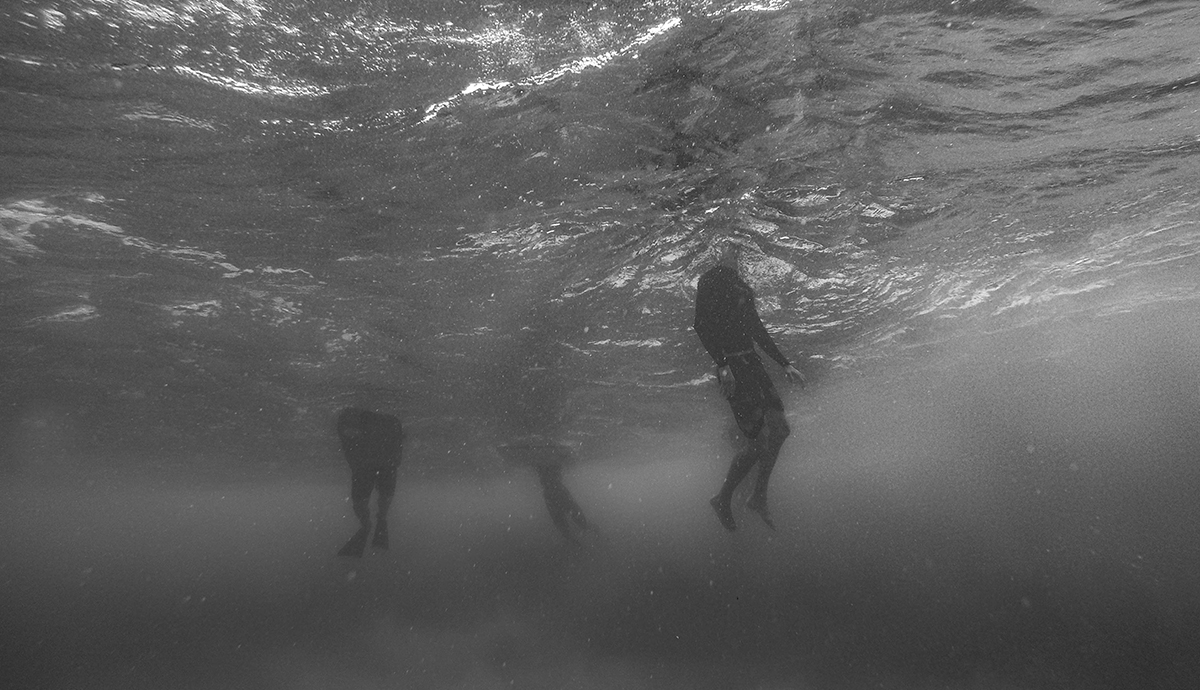Skinny Legs, a Bully, and Inspiration
This week I spent some time at Randolph College, a private liberal arts institution in the hills of Lynchburg, Virginia. As a visiting writer, I gave a reading and waxed poetic with environmental studies and creative writing students. And I participated in an environmental writing class (a course I sure wish my college offered way back when) comprised of a mix of majors and taught by Laura-Gray Street.
The students in the class attended my reading the evening before, and one student kicked off the classroom Q&A by asking me about inspiration. He referenced my poem “Friday Afternoon,” which originally appeared in North American Review in 2009 and is a personal favorite. It is dedicated to my older daughter, who was ten at the time, and begins:
Perhaps it was the rare day of rain or uneven
weave of my walk as I arrived home after
hours on the courts, blue shorts
swimming around my knees, that caused
you to condemn my skinny legs: I mean really
skinny, dad, you said, kicking me
back to my freshman year and the bully
who called me flamingo, the name sticking
that entire Florida year…
“What inspired the poem?” he asked. My first impulse was to respond with the obvious answer: my daughter’s comment. But that came from my daughter, so of course she’s the inspiration. Or perhaps the inspiration is my Friday afternoon basketball-playing, or the genetics of having thin parents and getting their thin legs. (Truly, they are a reed-thin sight to behold.) Or perhaps the bully is the real inspiration here, the punk who tagged me as that exotic coral-colored bird who I admired up until then but did not appreciate again until college or later. Or maybe it was the bird, or all thin-legged, long-necked birds, for the cast of birds in the poem also includes a white egret and Sandhill crane.
The short answer, my young apprentice, is that there is no short answer, for inspiration is a funny thing. And poem—writing is a funny thing. And while one leads to the other, writing poetry takes a lot more work—at least for me, because I’m not one of those lucky few who can take a walk in the woods, or a stroll down the avenue, and come back with the poem quite nearly formed.
Richard Hugo has famously used the term “triggering” rather than inspiration, and I agree. My daughter’s unexpected comment triggered the memory of the bully, my subtropical Florida high school years, and much more. And that triggered the poem.
Her snide comment isn’t really what the poem is about, but the trigger or the inspiration is so rarely what a poem is about. And as my daughter has matured, the poem continues to take on new meaning, making it resonate that much more each time I read or recite it. And that’s an inspiring outcome, I think, particularly for a guy who goes a long time between writing poems, triggered or otherwise.
Simmons B. Buntin is the editor-in-chief of Terrain.org: A Journal of the Built + Natural Environments. He is the author of two books of poetry — Bloom (2010) and Riverfall (2005), both published by Salmon Poetry — and Unsprawl: Remixing Spaces as Places (Planetizen Press, 2013), a collection of sustainable community case studies. Catch up with him at www.SimmonsBuntin.com.
Ana Benaroya is an illustrator, artist, typographer, and designer; but above all, she is a decent human being. anabenaroya.com & anabenaroya.tumblr.com
Recommended
The Shirt
After Hearing David Rothenberg Sang with Birds
Frothing Pink Poodle Droppings






